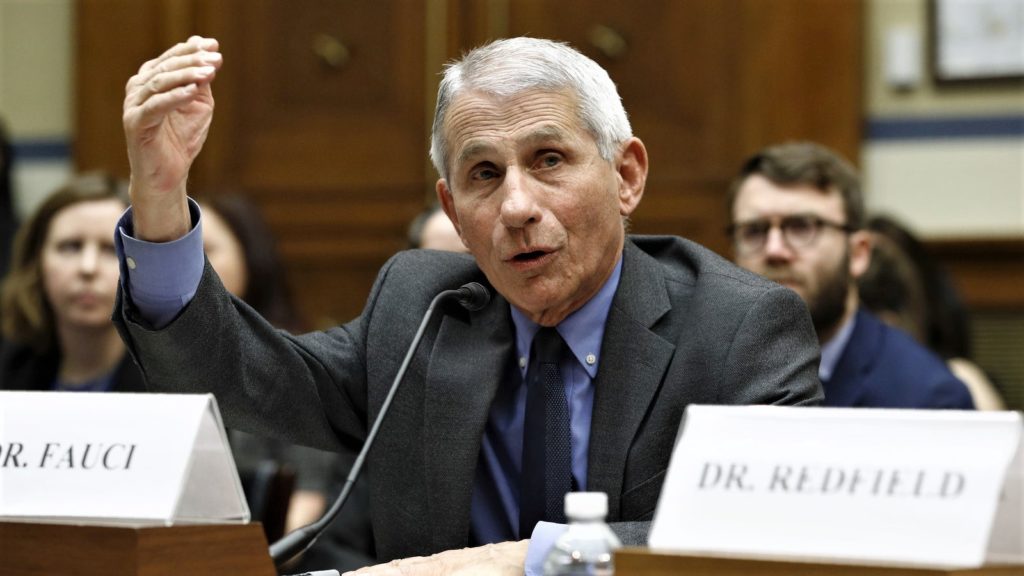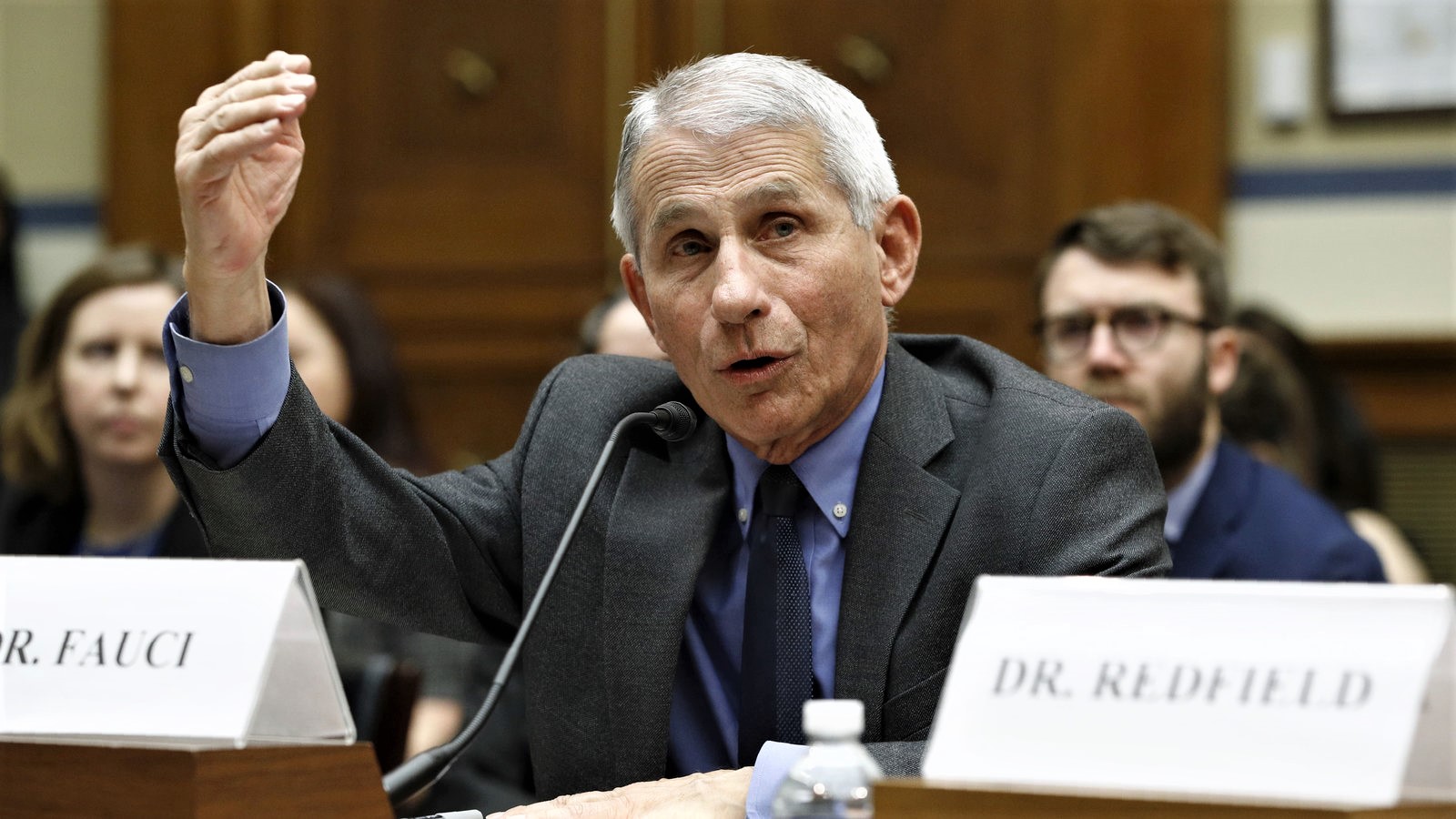As the CDC and Trump Administration officials struggle to get on top of the Coronavirus (Covid-19) outbreak, Dr. Anthony Fauci, director of the National Institute of Allergy and Infectious Diseases, told the House Committee on Oversight and Reform yesterday that the impact of the virus “will get worse before it gets better.”

photo: Patrick Semansky/AP
“I can say we will see more cases,” Dr. Fauci said in response to a question from the committee, “and things will get worse than they are right now. How much worse we’ll get will depend on our ability to do two things: to contain the influx of people who are infected coming from the outside, and the ability to contain and mitigate within our own country.”
The coronavirus, known as Covid-19, poses a high risk for the elderly and those having underlying illness such as cardiovascular diseases, diabetes, hepatitis B, chronic obstructive pulmonary disease, chronic kidney diseases, and cancer.
In a phone call, former tobacco insider, Dr. Jeffrey Wigand, said, “The coronavirus, known as Covid-19, is highly virulent, and while it appears similar to SARS (Severe Acute Respiratory Symptoms) and MERS (Middle East Respiratory Symptoms), this is a virus that we have not seen before. This is real.
“The critical issue at hand,” Wigand says, “is that there is no standardized testing. There are several laboratories that have developed a test, but the commutability of test results from test to test results from different labs is an issue that needs resolution.
“Comments that a test is ACCURATE are misleading and need to be defunded in terms of sensitivity and specificity.
“The typical test is a throat swab, which can yield false positives,” Wigand added. “Doctors in China are using a blood test, which is more accurate.”
The best advice for all of us is to monitor the World Health Organization website for updates and follow the recommended protocols:
Wash your hands frequently
Regularly and thoroughly clean your hands with an alcohol-based hand rub or wash them with soap and water.
Why? Washing your hands with soap and water or using alcohol-based hand rub kills viruses that may be on your hands.
Maintain social distancing
Maintain at least 1 metre (3 feet) distance between yourself and anyone who is coughing or sneezing.
Why? When someone coughs or sneezes, they spray small liquid droplets from their nose or mouth which may contain virus. If you are too close, you can breathe in the droplets, including the COVID-19 virus if the person coughing has the disease.
Avoid touching eyes, nose and mouth
Why? Hands touch many surfaces and can pick up viruses. Once contaminated, hands can transfer the virus to your eyes, nose or mouth. From there, the virus can enter your body and can make you sick.
Practice respiratory hygiene
Make sure you, and the people around you, follow good respiratory hygiene. This means covering your mouth and nose with your bent elbow or tissue when you cough or sneeze. Then dispose of the used tissue immediately.
Why? Droplets spread virus. By following good respiratory hygiene you protect the people around you from viruses such as cold, flu and COVID-19.
If you have fever, cough and difficulty breathing, seek medical care early
Stay home if you feel unwell. If you have a fever, cough and difficulty breathing, seek medical attention and call in advance. Follow the directions of your local health authority.
Why? National and local authorities will have the most up to date information on the situation in your area. Calling in advance will allow your health care provider to quickly direct you to the right health facility. This will also protect you and help prevent spread of viruses and other infections.
Stay informed and follow advice given by your healthcare provider
Stay informed on the latest developments about COVID-19. Follow advice given by your healthcare provider, your national and local public health authority or your employer on how to protect yourself and others from COVID-19.
Why? National and local authorities will have the most up to date information on whether COVID-19 is spreading in your area. They are best placed to advise on what people in your area should be doing to protect themselves.
I will monitor both the CDC and W.H.O. websites and update this issue.
Comments











